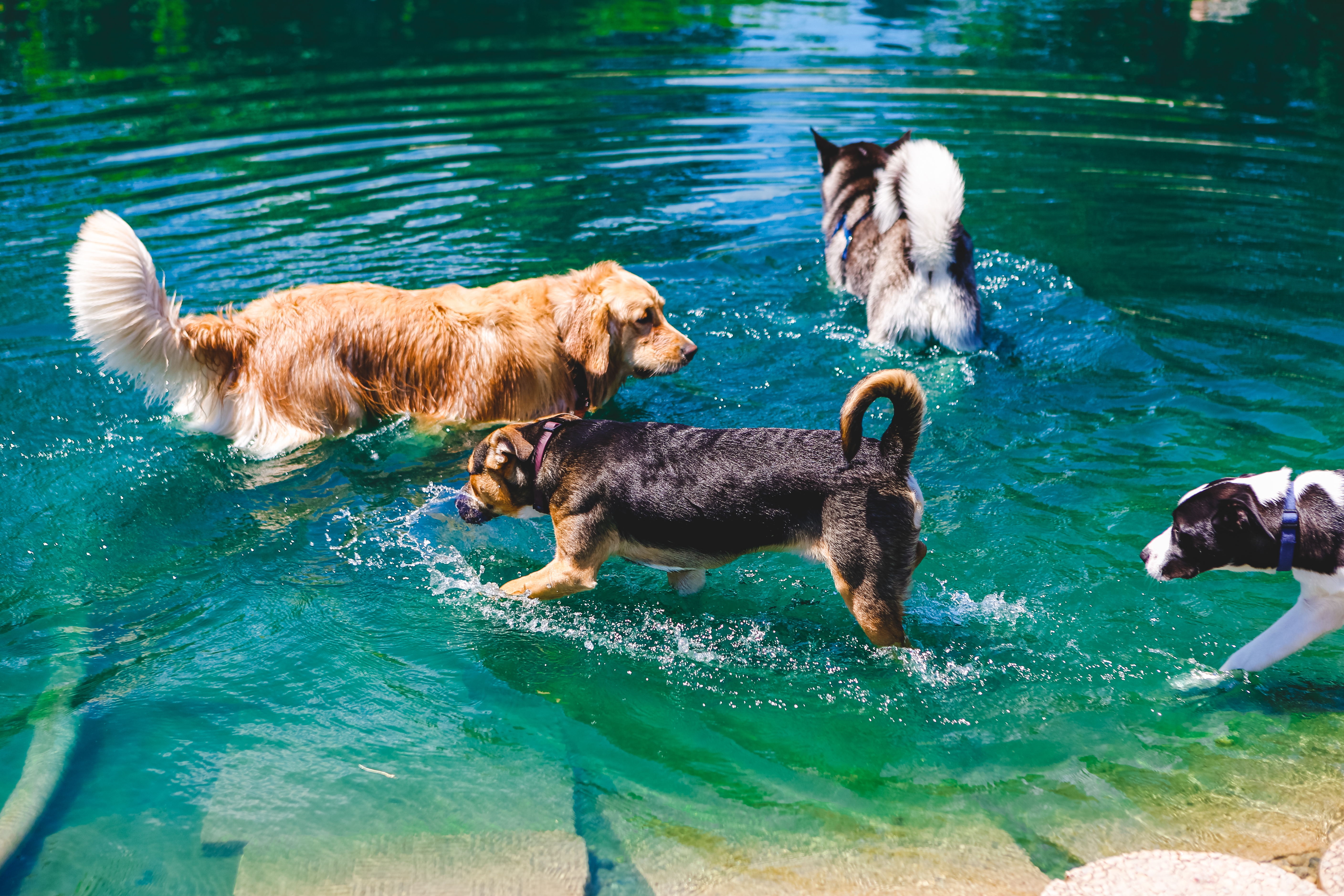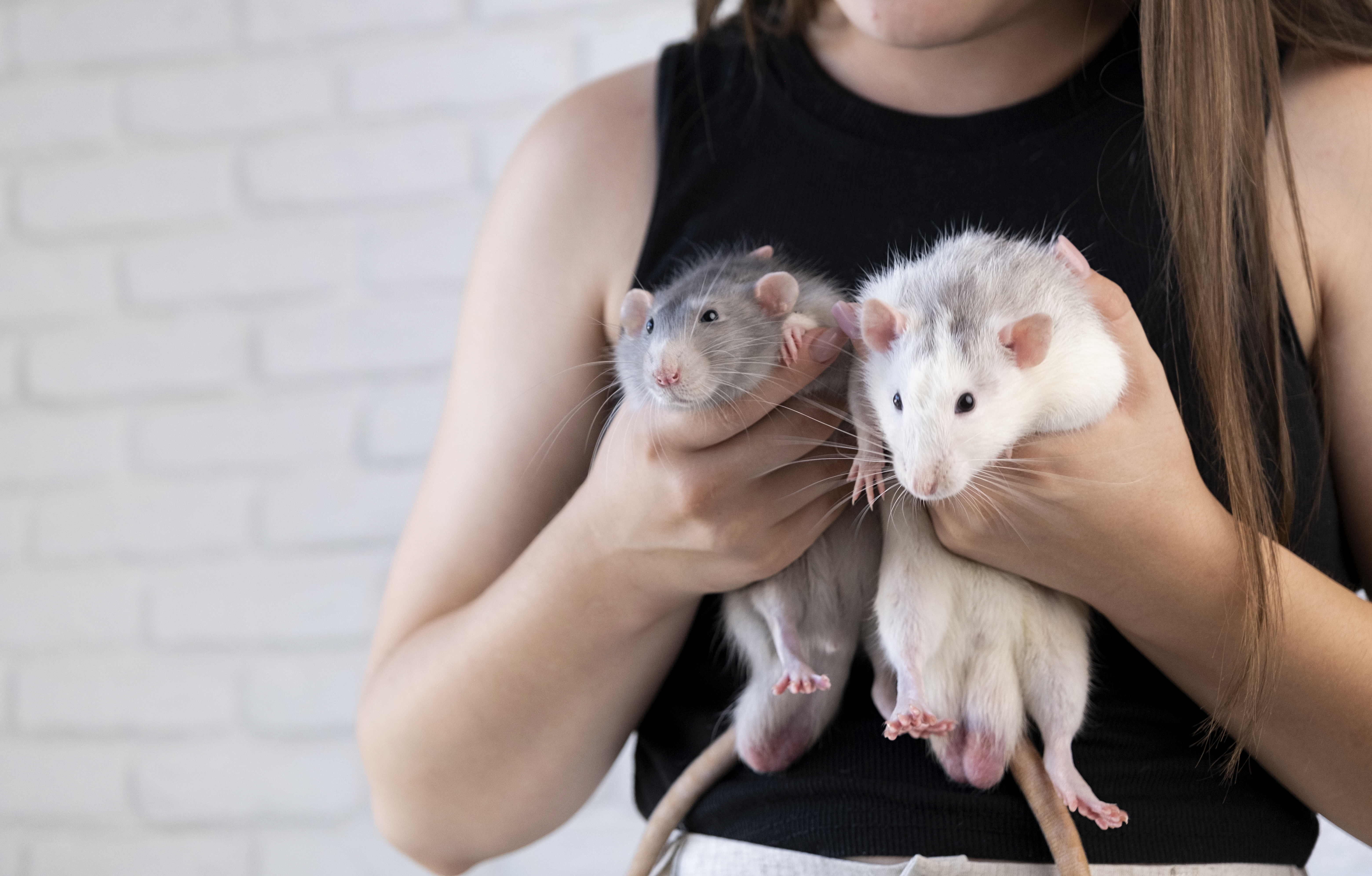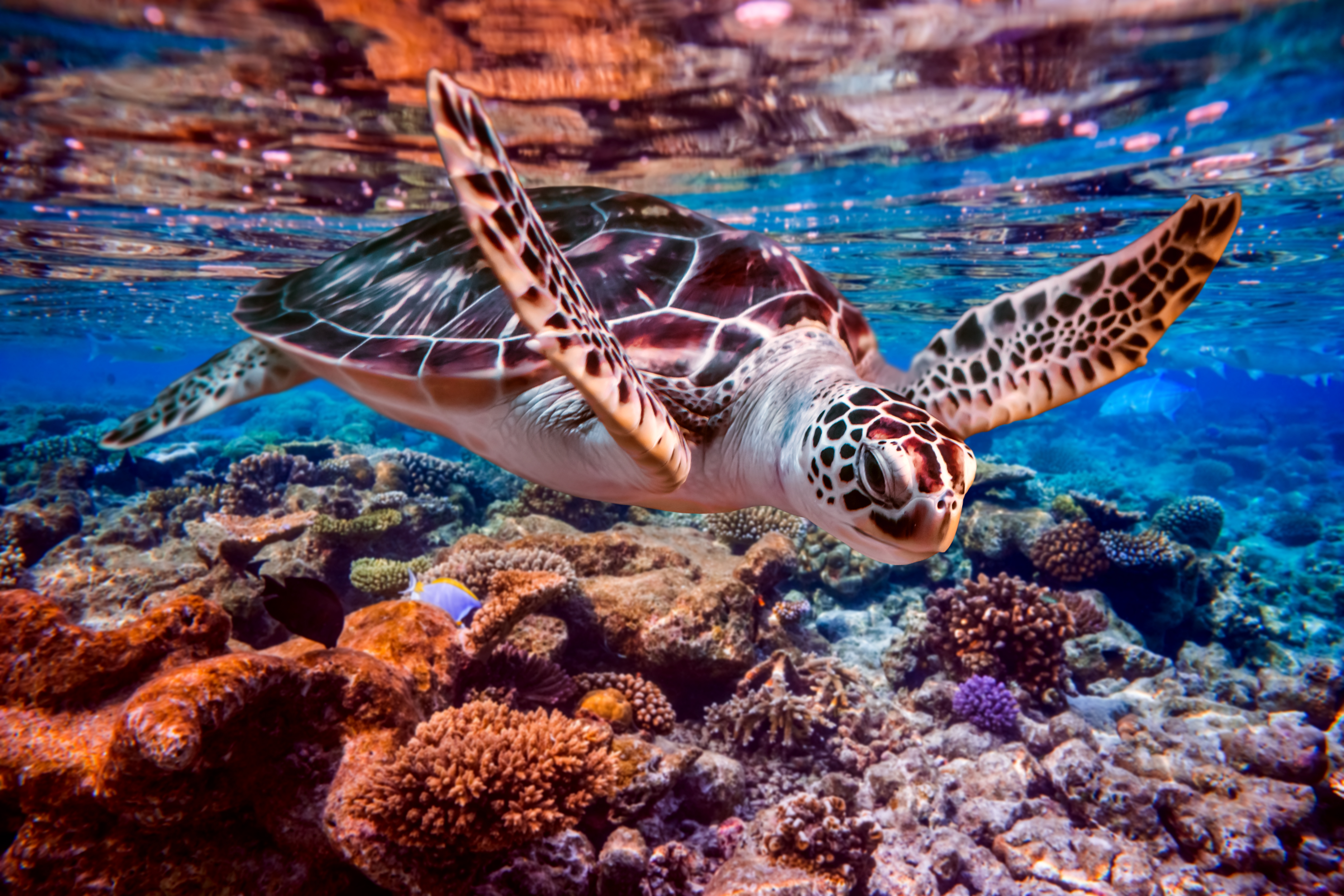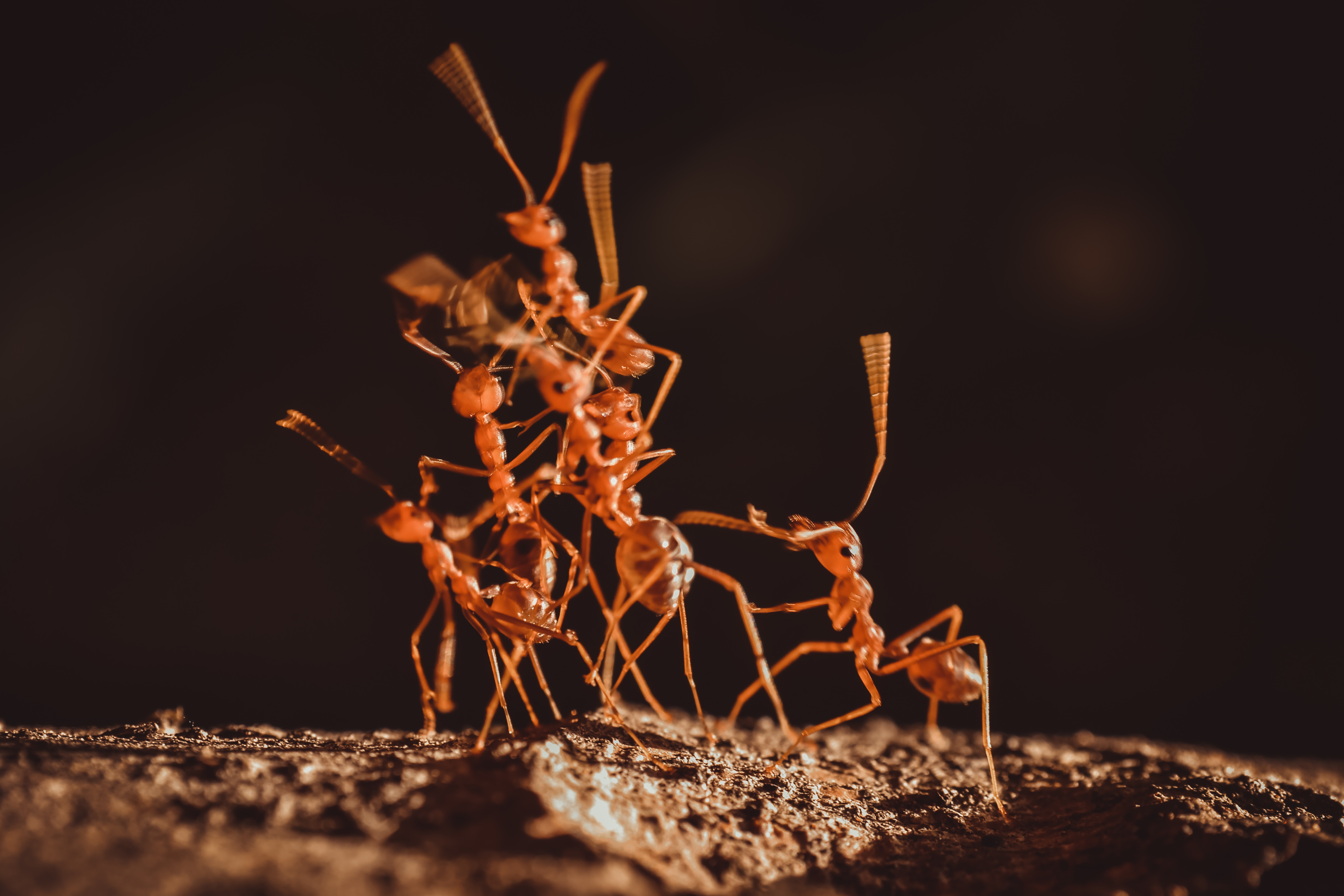Decoding the Longevity Mysteries: Top 18 Factors Influencing Pet Lifespans in the Animal Kingdom
The animal kingdom is a vast and diverse realm, filled with creatures of all shapes and sizes. Among these myriad species, the lifespan of each animal varies significantly. Some live for only a few days, while others can live for centuries. But what factors influence these lifespans? In this comprehensive guide, we delve into the top 18 factors that impact the longevity of our beloved pets and other animals. We'll explore everything from genetics to diet, environment, and more. This exploration will not only help us understand the biological mechanisms at play but also enable us to provide better care for our pets.
Genetics
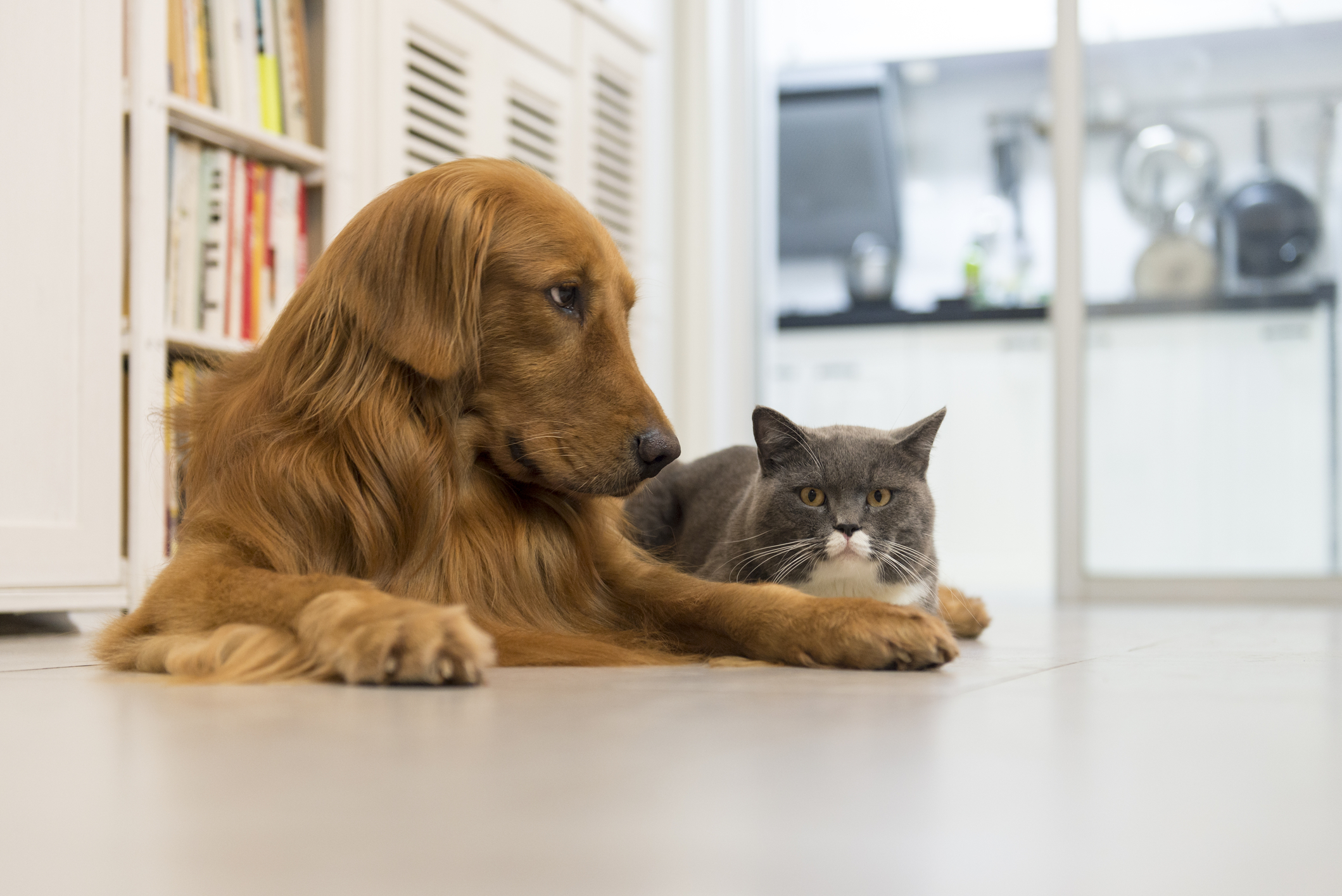
Genetics play a crucial role in determining the lifespan of an animal. Some species are naturally predisposed to live longer due to their genetic makeup. For instance, tortoises and parrots are known for their impressive longevity, which is largely attributed to their specific genetic traits. On the other hand, some genetic disorders can shorten an animal's life. Understanding these genetic influences can help us breed healthier pets and potentially extend their lifespans.
Size and Metabolism

Interestingly, size and metabolic rate also have a significant impact on an animal's lifespan. Generally, larger animals tend to live longer than smaller ones. This is because larger animals usually have slower metabolic rates, which means they age slower. However, there are exceptions to this rule, such as the case with dogs, where smaller breeds tend to live longer.
Diet and Nutrition
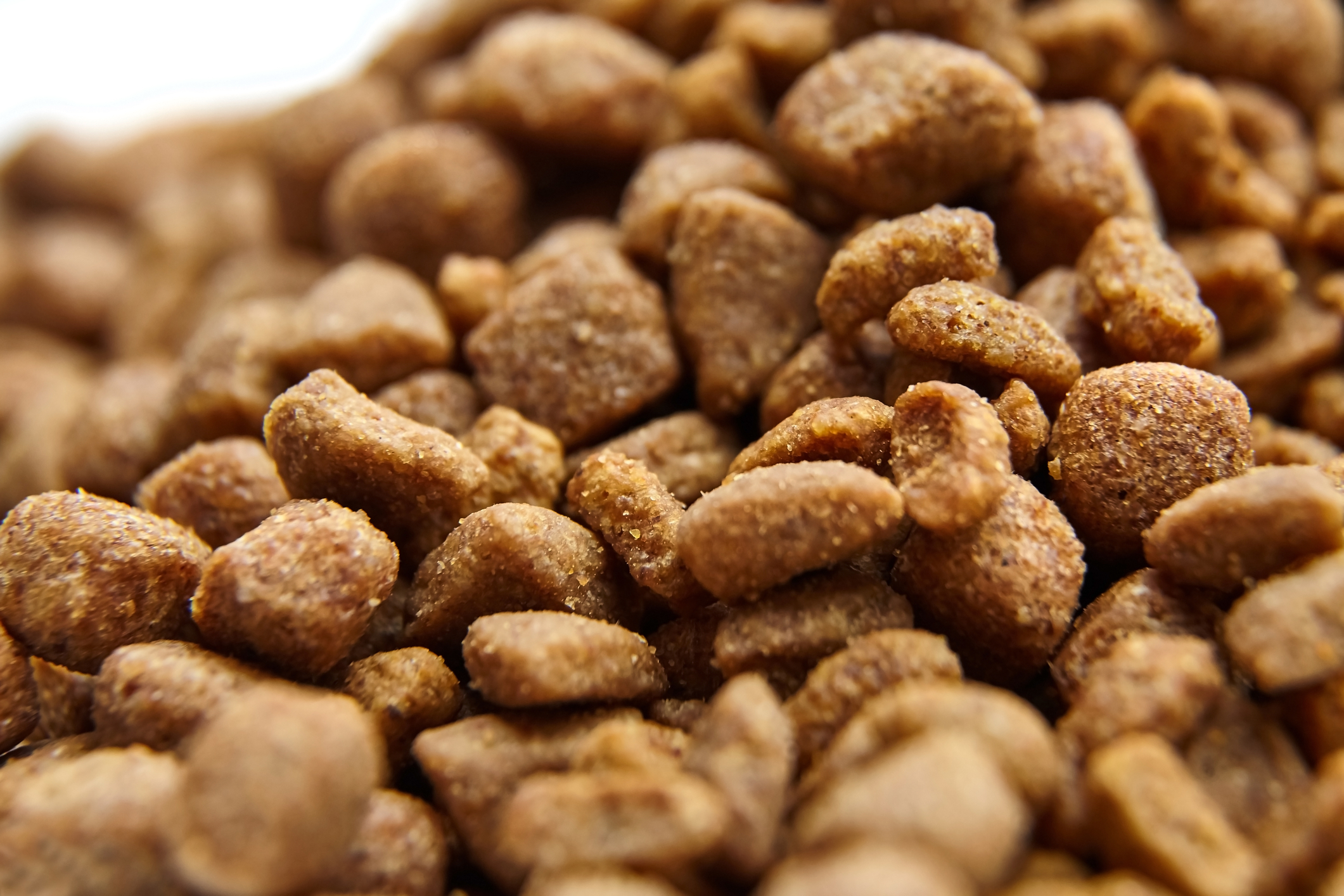
The diet and nutrition of an animal can greatly affect its lifespan. A balanced diet rich in essential nutrients can contribute to a longer, healthier life. Conversely, a poor diet can lead to obesity and other health issues, shortening the animal's lifespan. This is particularly true for pets, where owners have direct control over their diet.
Environment
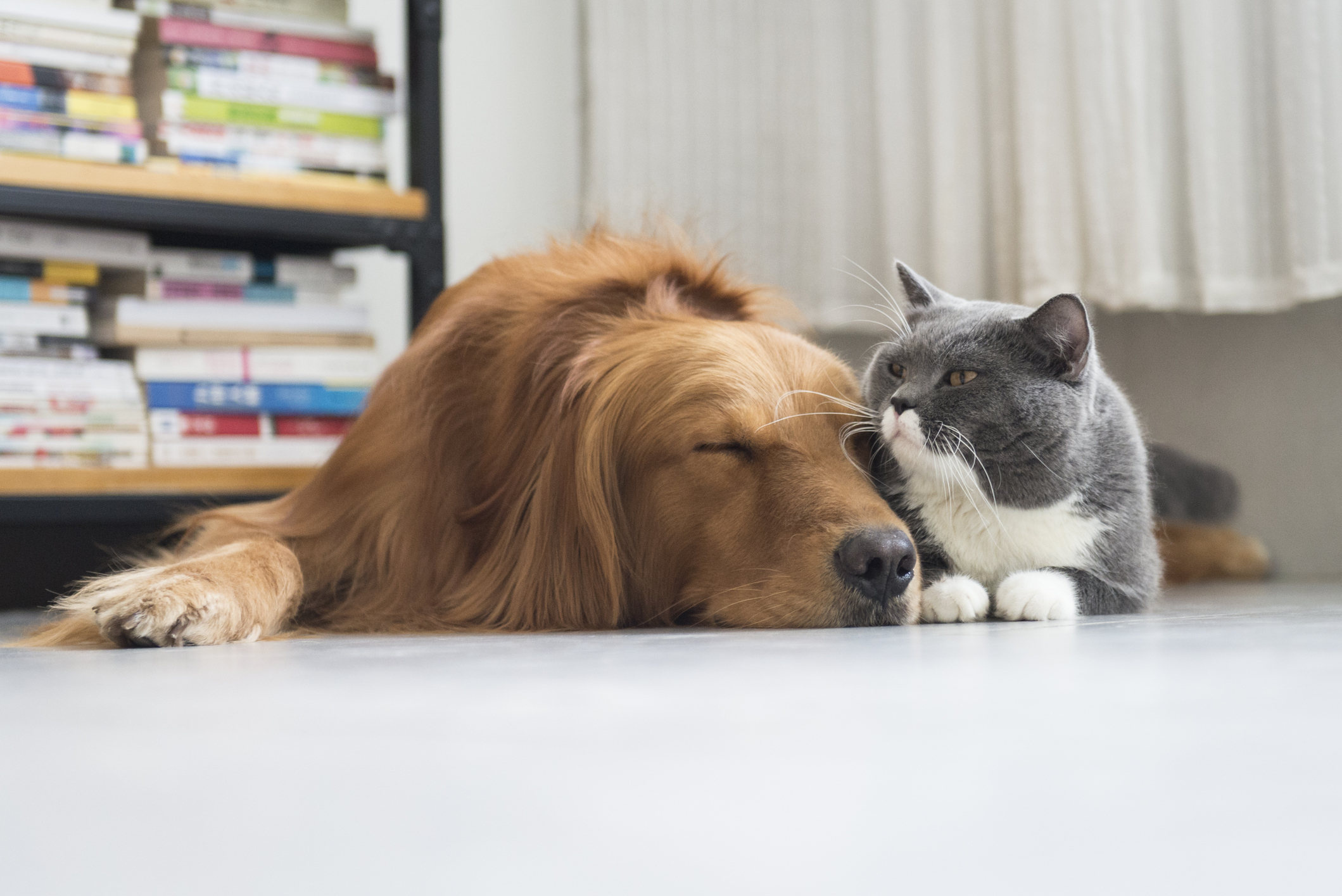
The environment in which an animal lives can significantly influence its lifespan. Factors such as temperature, humidity, and exposure to predators or diseases can all impact longevity. For example, pets living indoors often live longer than their outdoor counterparts due to reduced exposure to external threats.
Domestication and Care
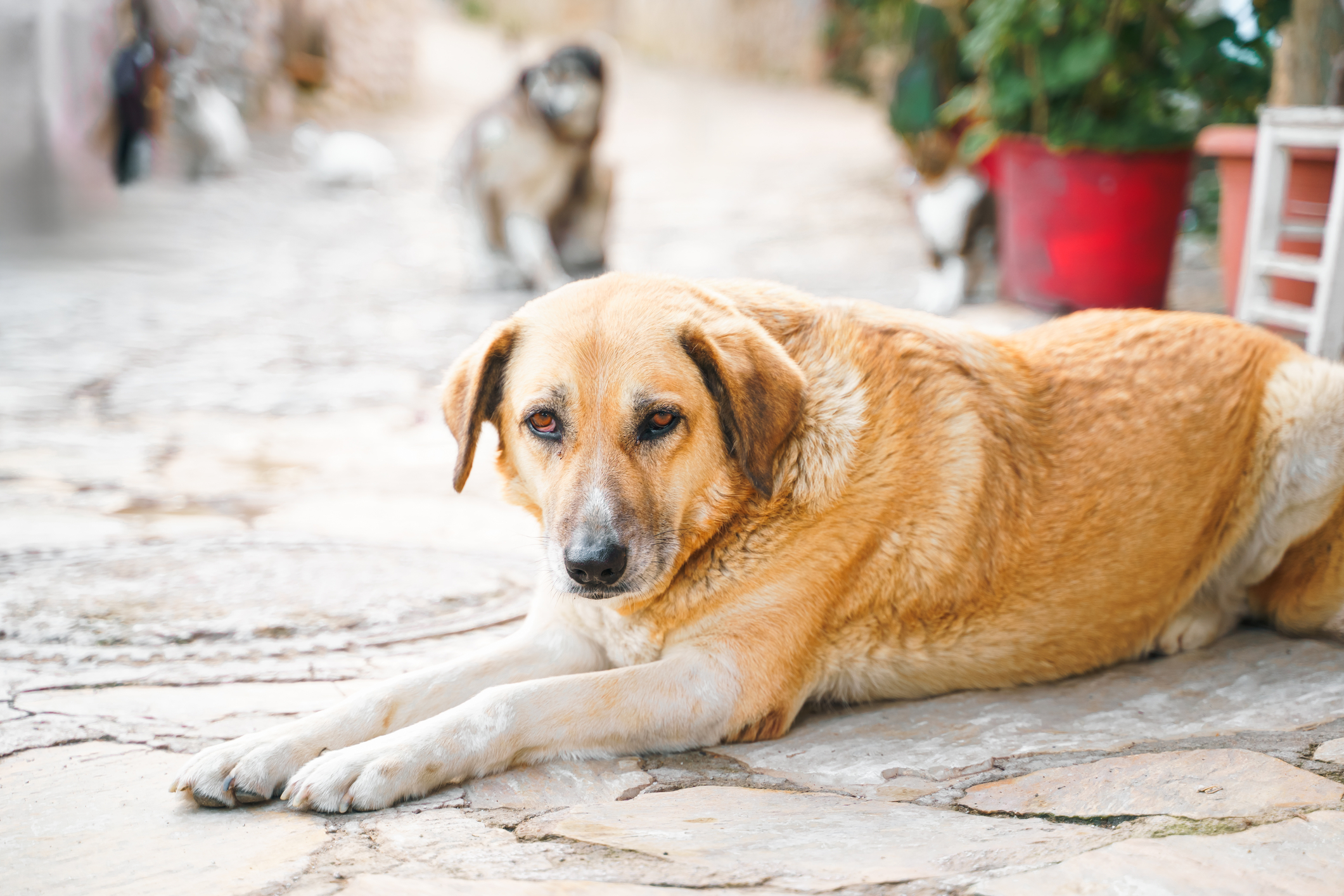
Domestication and the level of care an animal receives can greatly influence its lifespan. Pets that are well-cared for, receiving regular veterinary check-ups and vaccinations, tend to live longer. On the other hand, wild animals or neglected pets may have shorter lifespans due to disease, predation, or harsh living conditions.
Breed
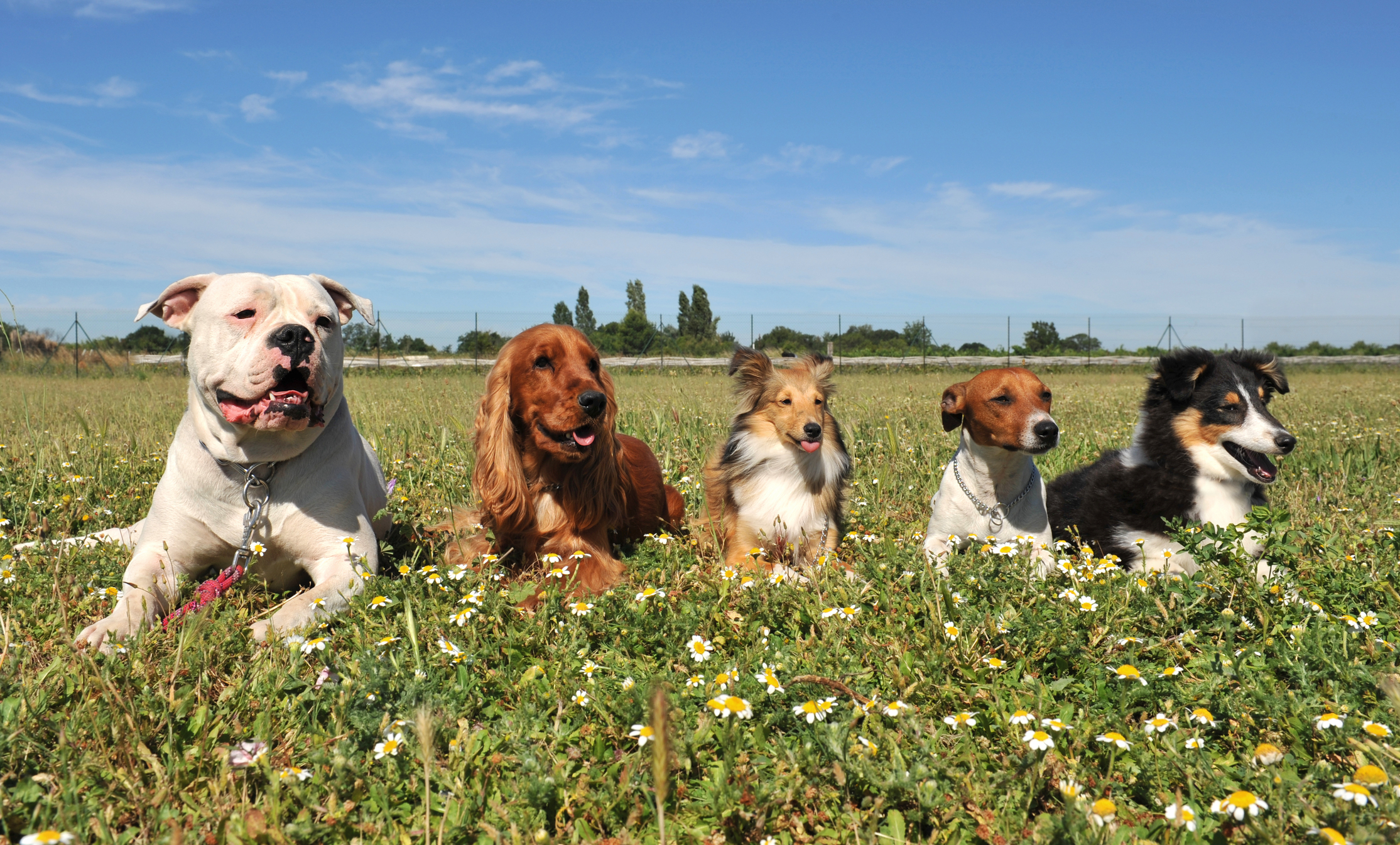
In some species, particularly dogs and cats, the breed can significantly impact lifespan. Some breeds are known for their longevity, while others may be prone to specific health issues that can shorten their life expectancy.
Exercise
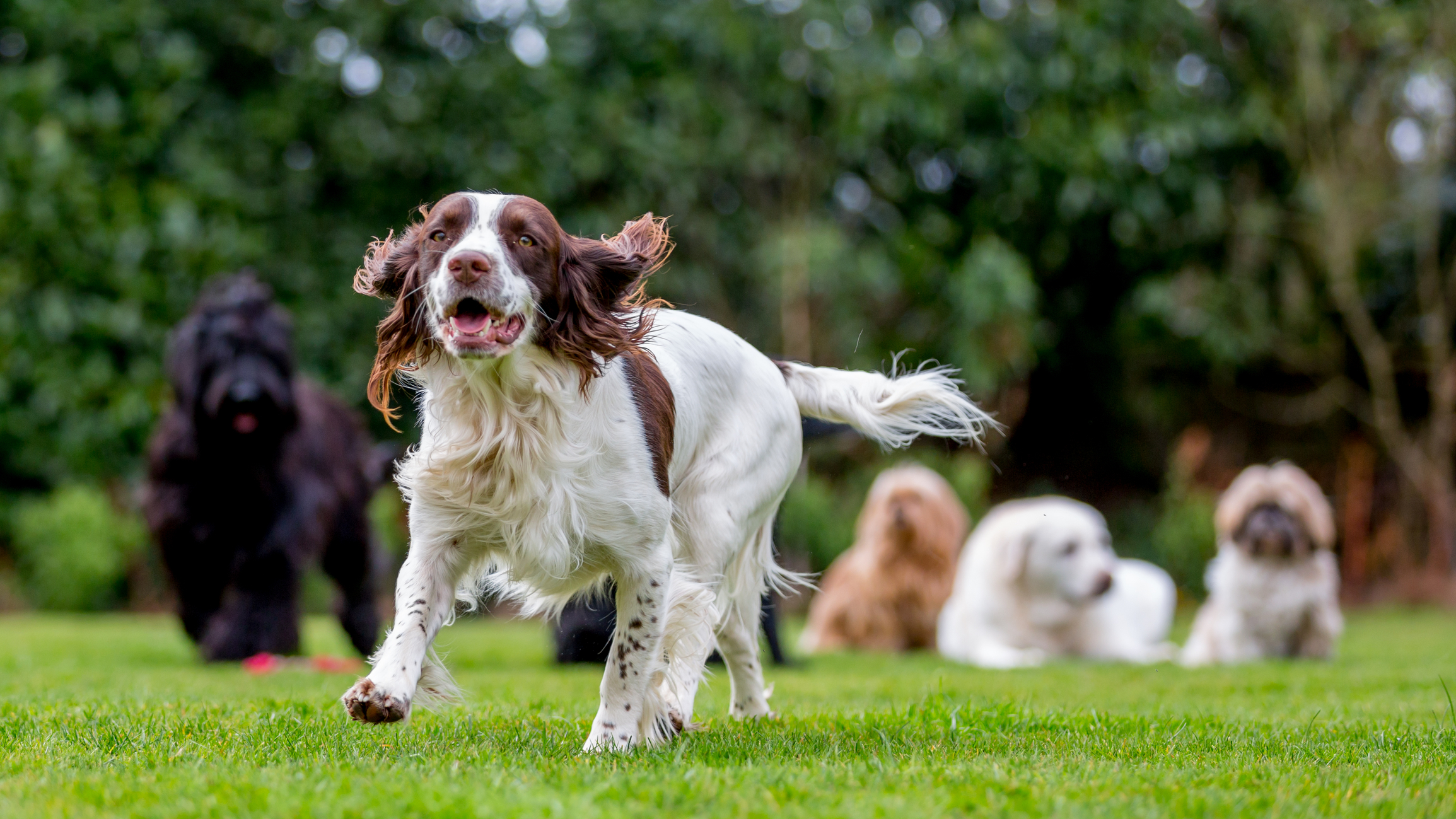
Regular exercise is vital for the overall health and longevity of an animal. It helps maintain a healthy weight, strengthens the heart, and improves mental health. Lack of exercise can lead to obesity and related health issues, which can shorten an animal's lifespan.
Stress
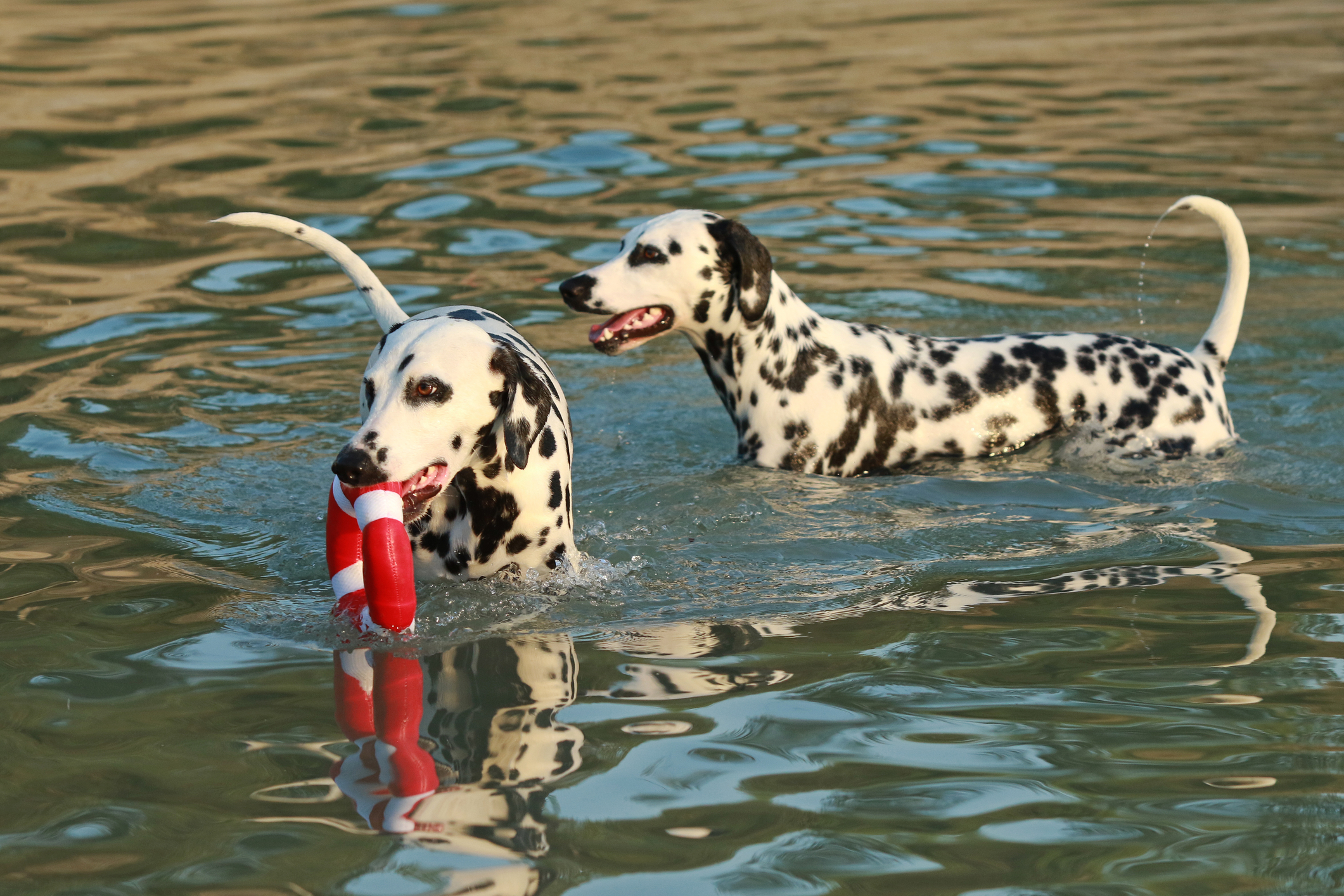
Just like in humans, chronic stress can have detrimental effects on an animal's health and lifespan. Stress can lead to a weakened immune system, making the animal more susceptible to diseases. It can also cause behavioral issues, which can indirectly affect longevity.
Reproductive Status

The reproductive status of an animal, particularly in pets, can influence its lifespan. Spayed or neutered pets often live longer due to a reduced risk of certain cancers and diseases.
Dental Health
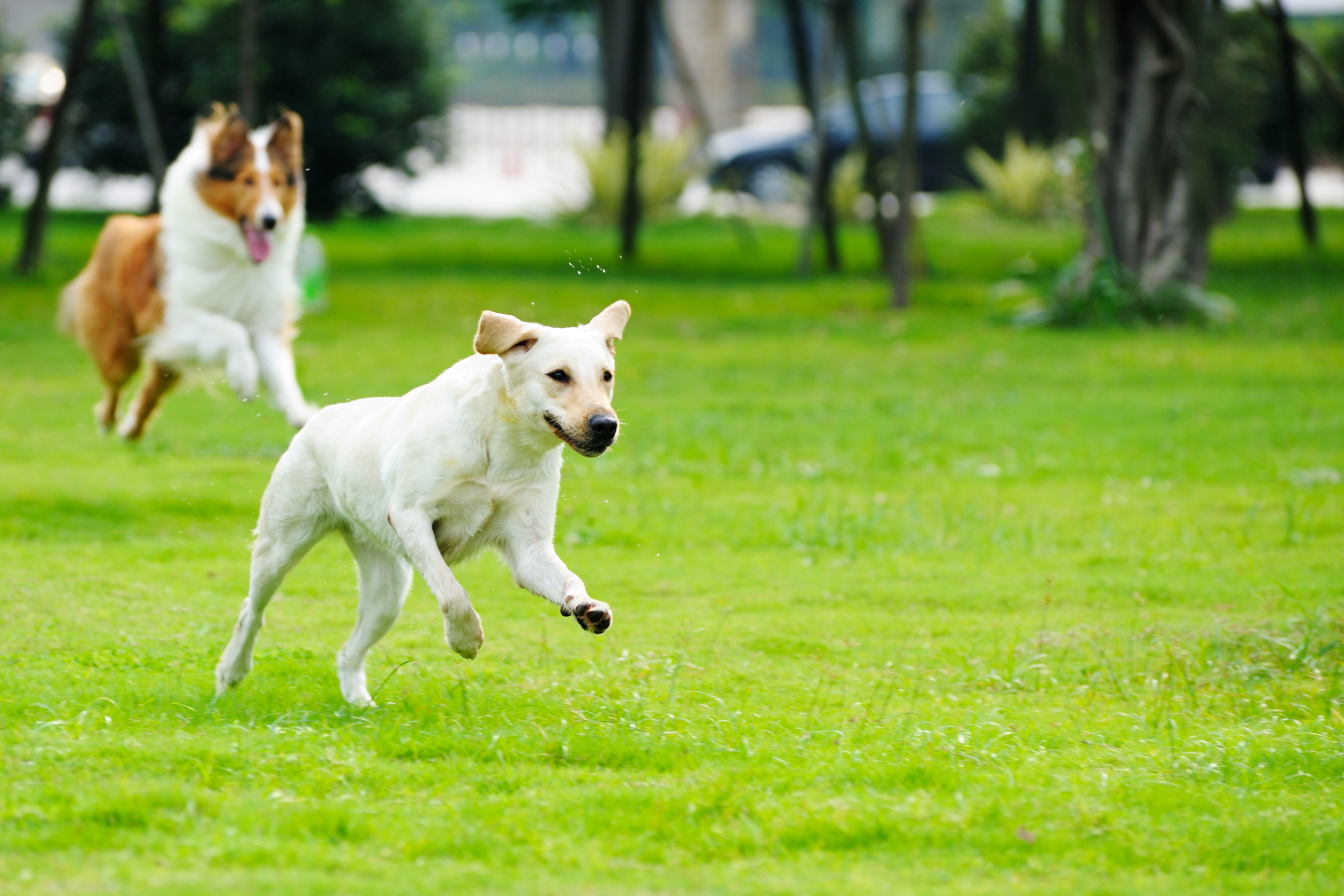
Dental health is often overlooked but can significantly impact an animal's lifespan. Poor dental health can lead to systemic infections, heart disease, and other serious health problems.
Disease and Parasites

Diseases and parasites can drastically reduce an animal's lifespan. Regular veterinary care and preventive measures can help protect pets from these threats and extend their life expectancy.
Social Interaction
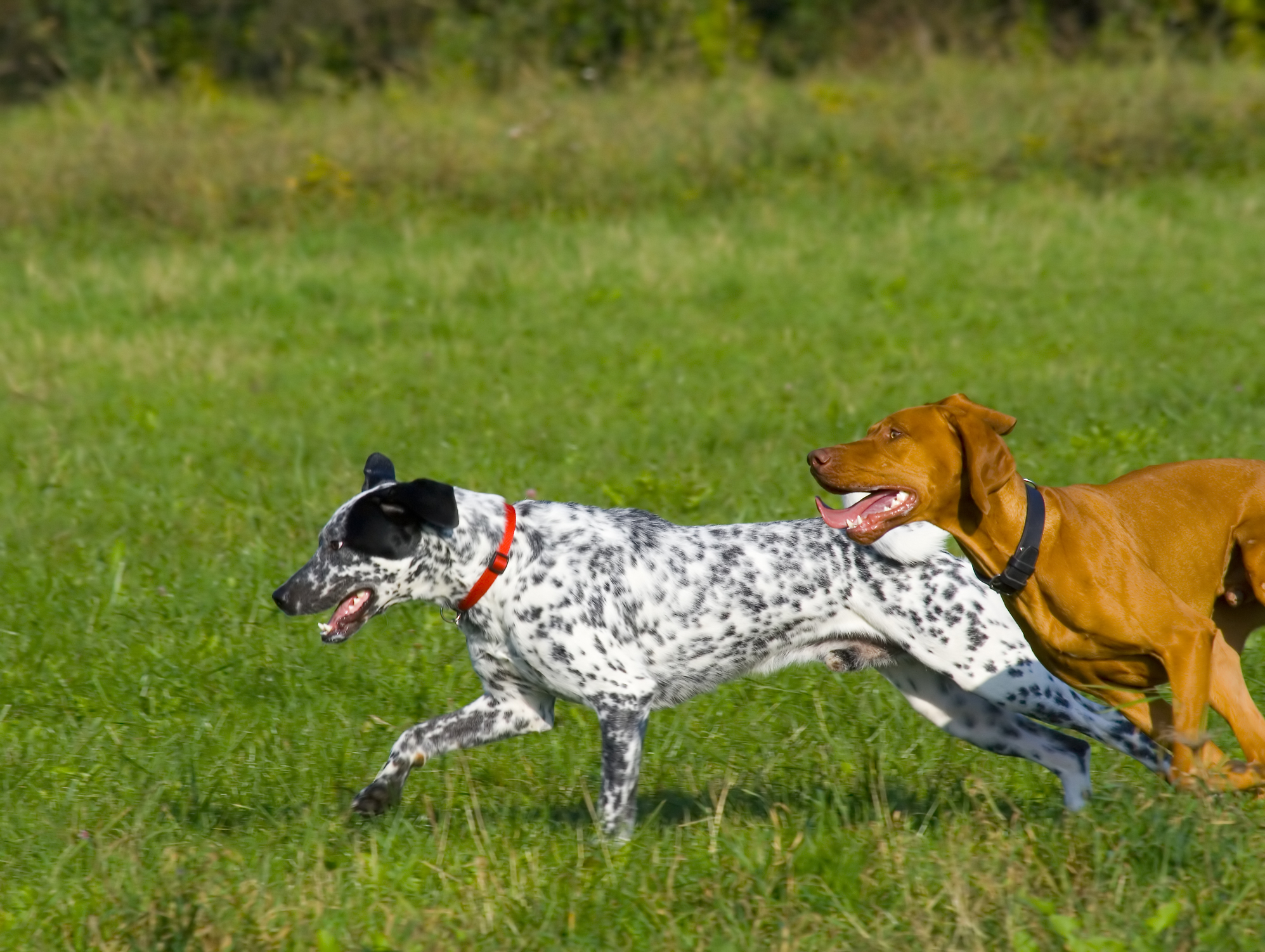
Social interaction can greatly influence an animal's lifespan. Animals that engage in social activities are generally healthier and live longer. This is particularly true for pets, who often benefit from interaction with their human families and other pets.
Mental Stimulation

Mental stimulation is important for an animal's overall health and longevity. Animals that are mentally stimulated are less likely to suffer from stress and related health issues, which can shorten their lifespan.
Hydration
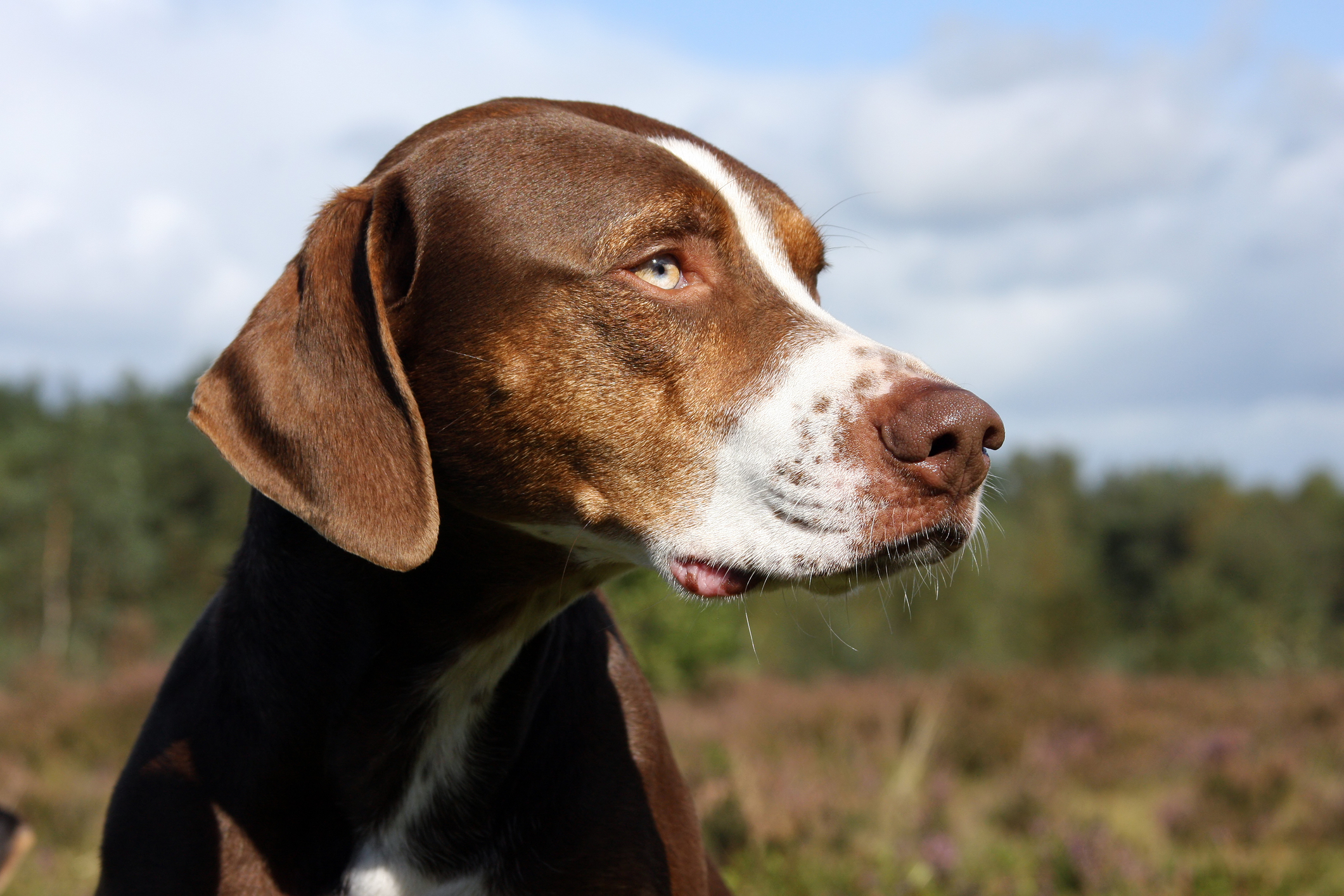
Proper hydration is crucial for an animal's health and lifespan. Dehydration can lead to serious health problems and, in severe cases, can be fatal.
Sleep
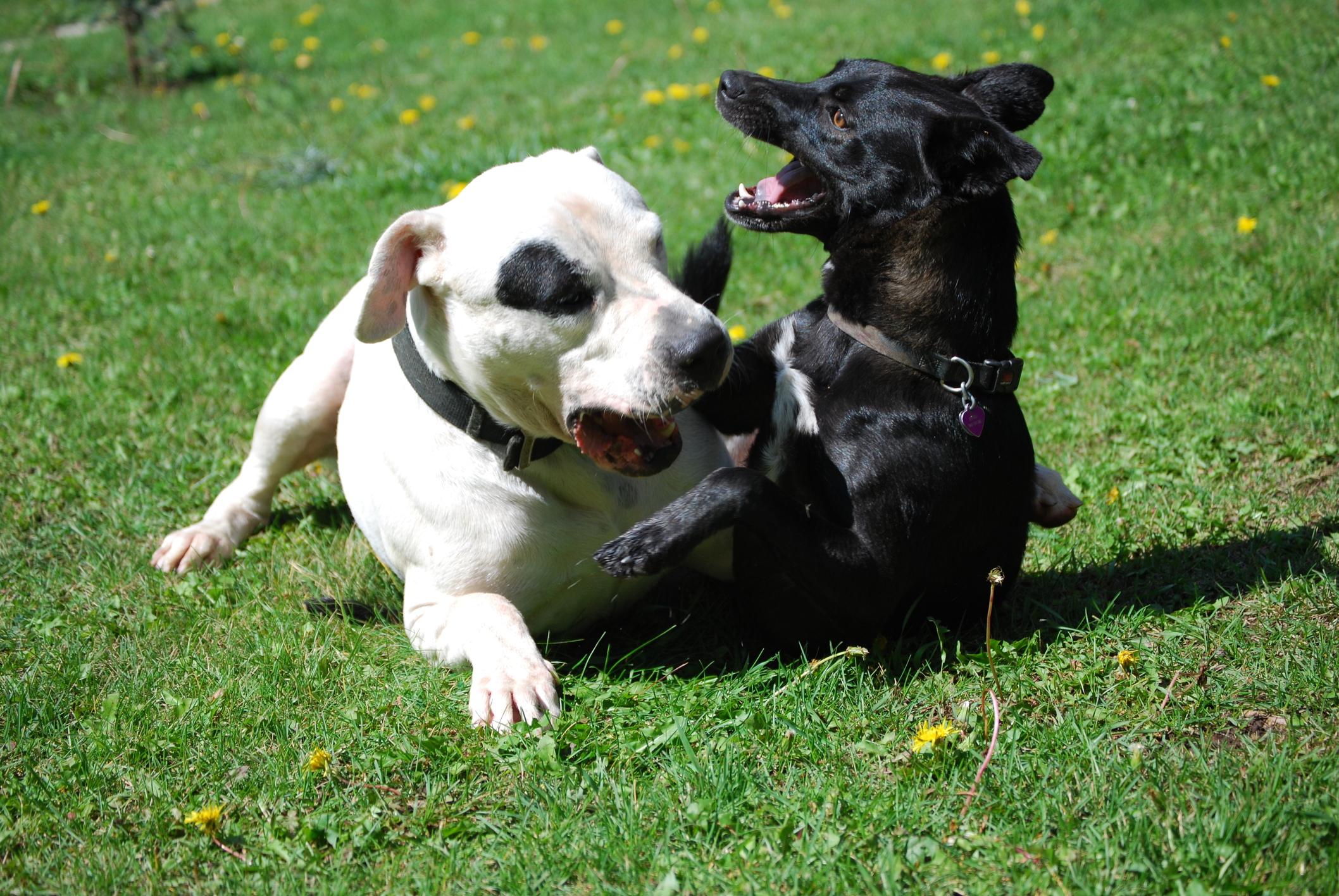
Sleep plays a vital role in an animal's health and lifespan. Lack of sleep can lead to a weakened immune system, making the animal more susceptible to diseases.
Aging Care
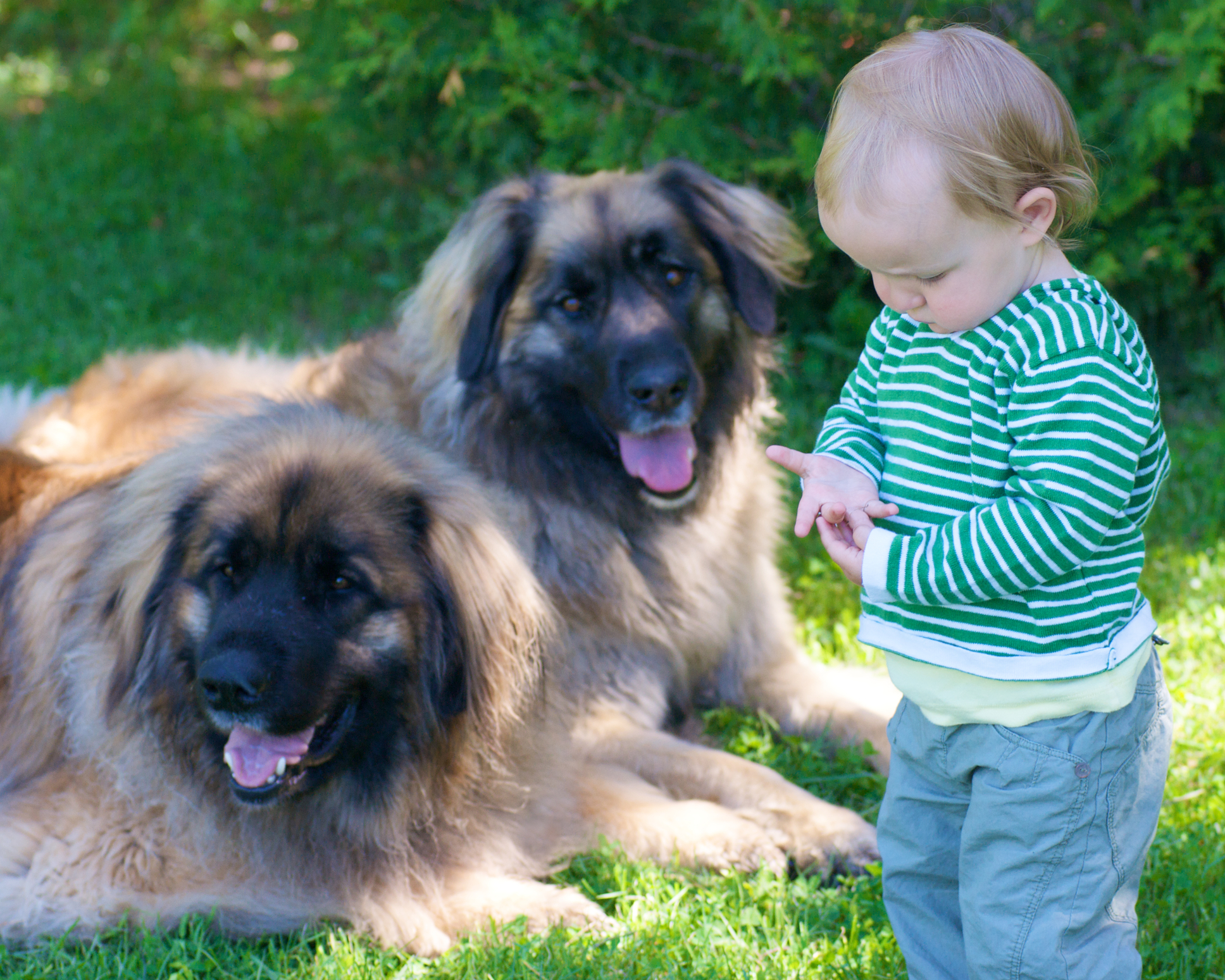
As animals age, they require special care to maintain their health and extend their lifespan. This includes regular veterinary check-ups, a balanced diet, and proper management of any chronic conditions.
Specific Health Issues

Certain health issues are more common in specific species or breeds and can significantly impact an animal's lifespan. Understanding these issues can help us provide better care for our pets and potentially extend their lives.
Understanding the factors that influence the lifespan of animals in the kingdom is a complex task, but it's crucial for providing the best care for our pets. By understanding these factors, we can make informed decisions about our pets' care and potentially extend their lives. Whether it's through genetics, diet, or environment, every aspect of an animal's life can contribute to its longevity.
